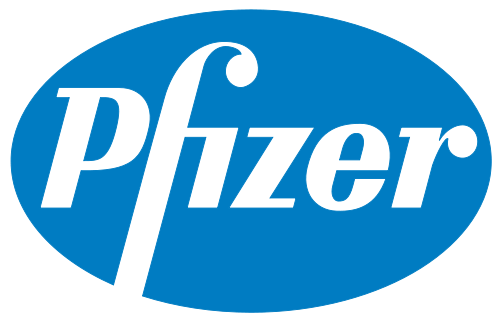Investing
Pfizer Restructuring May Precede Total Breakup of the Empire
Published:
Last Updated:
Whenever you see huge restructurings and reclassifications for a major corporation, the first thing that should come to mind is whether a company is about to break itself up entirely. This is what we cannot help but wonder about Pfizer Inc. (NYSE: PFE) after the company announced on Monday that it is restructuring into three business segments with the coming changes to be implemented in January of 2014.
Pfizer is moving forward to internally separate its commercial operations into three business segments. Pfizer said that two business lines will include “Innovative” business lines and a third segment is its “Value” business line. Each of the three segments will include developed markets and emerging markets.
The changes will take place in countries which “do not require a consultation with works councils or unions, and will be implemented in countries that require consultation after the successful conclusion of those processes.” Pfizer will then start providing financial transparency for each of these three business segments. This is one of those moves that just has all of the earmarks of a corporate break-up, and that is after Pfizer has already disposed of many assets and made acquisitions along the way.
Its two “Innovative” groups will be as follows:
Pfizer shows that each of these businesses will “operate as a separate global business and require distinct specialization in terms of the science, talent, and market approach required to deliver value to consumers and patients.” Does this sound like a break-up proposition is coming yet?
Pfizer’s third segment, the “Value” business segment, is going to be led by John Young, Group President, Value Products Group. This value group will include products “that generate strong, consistent cash flow, and will be positioned to provide patients access to effective, lower-cost, high-value treatments.” These will include products that have lost their market exclusivity and will include patent-protected products which the company deems to be matured markets which will lose exclusivity through 2015 in most major markets. Biosimilars and current and future established products collaborations will fall in this group as well.
This sure sounds like Pfizer wants to create an established and generics company that is separated from the key R&D and future drug development programs. If that occurs, another change in the list of DJIA components could occur.
Pfizer shares are up 1% at $29.69 in late-Monday trading against a 52-week range of $23.55 to $31.15. Pfizer is a DJIA component and yields about 3.3% for its common stockholders. Here are some of the changes which have been effected over the last decade:
It is very common for companies to acquire their way into dominance. You just have to wonder about how much value was really created when they go down a path of breaking up the company to unlock all that value after the fact.
If you’re one of the over 4 Million Americans set to retire this year, you may want to pay attention.
Finding a financial advisor who puts your interest first can be the difference between a rich retirement and barely getting by, and today it’s easier than ever. SmartAsset’s free tool matches you with up to three fiduciary financial advisors that serve your area in minutes. Each advisor has been carefully vetted, and must act in your best interests. Start your search now.
Don’t waste another minute; get started right here and help your retirement dreams become a retirement reality.
Thank you for reading! Have some feedback for us?
Contact the 24/7 Wall St. editorial team.